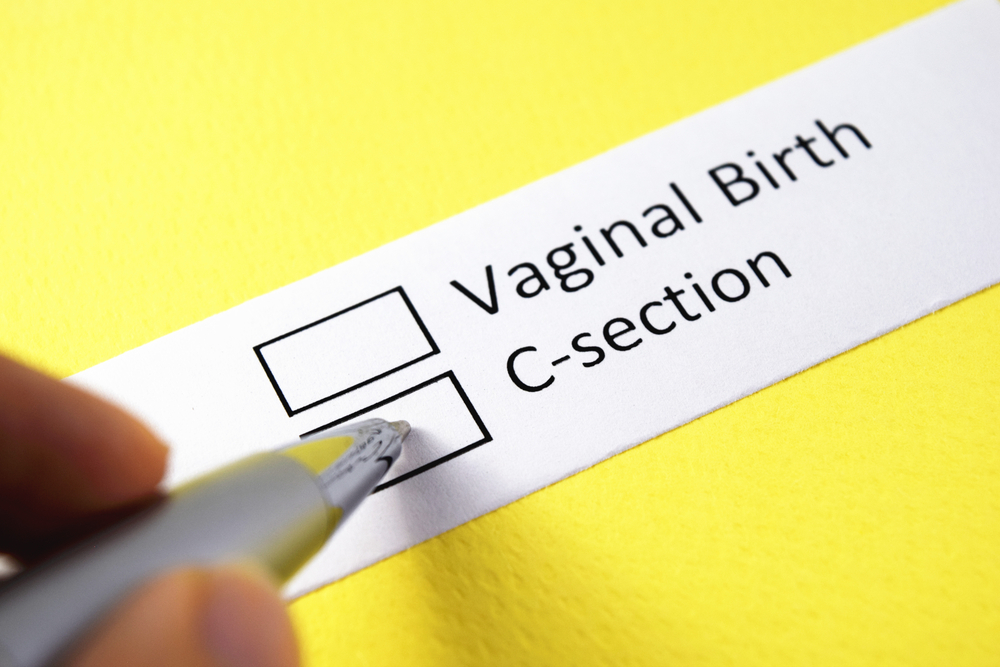Cesarean section (C-section) is a method of surgery to deliver a baby. The baby is taken out through the incisions of the mother’s abdomen and uterus. Some women undergo planned C-section but many are due to unexpected problems that arise during delivery time.
Reasons for a C-section may include health problems of the mother, the mother carrying more than one baby at a time, the baby’s health being in trouble, the size or position of the baby in the mother’s womb or there is no pulse of a baby detected.
Preferring surgery is much safe for mother and the baby. But still, surgery carries risks. It also takes a long time to recover from a C-section unlike vaginal birth. It also has the risk of having difficulties in future pregnancies.


